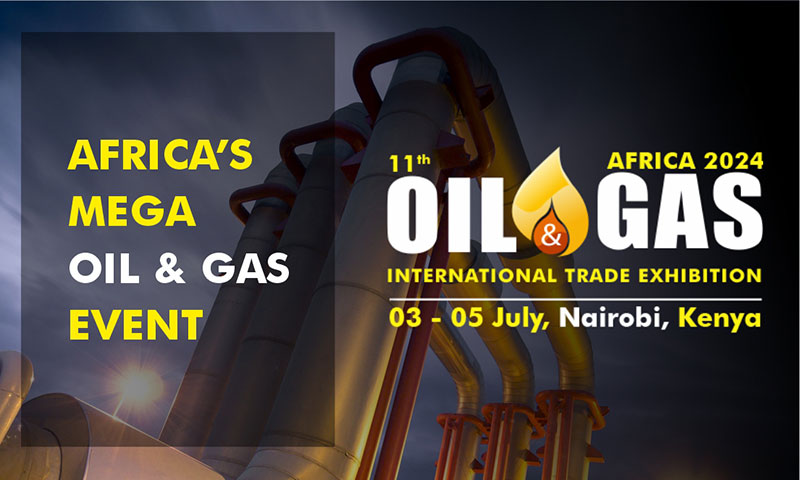

Kenya amis for early oil exports by 2017: minister
Posted on :Wednesday , 26th October 2016
Kenyan finance minister Henry Rotich said Tuesday the initial exportation of 2,000 barrels of crude oil from Kenya in January 2017 would be an initial stage until the country completes the construction of an oil pipeline.
"We plan to do an early oil export," the Cabinet Secretary told a news conference in Nairobi, during the launch of an International Monetary Fund (IMF) Regional Economic Outlook. "We will begin to get some revenue. We need to recover the sunk costs of the exploration."
Rotich said the initial sale of crude oil from Kenya was happening at an opportune moment when the country has developed a fully diversified economy, which generates income from various sectors.
Kenya has been planning to construct an 865-km oil pipeline from the oil exploration fields in Lokichar, in Turkana, northern Kenya, to the Indian Ocean port of Mombasa.
The oil pipeline was initially meant to connect Kenya-Uganda, but Kampala decided to re-route the pipeline to Tanzania.
"We are starting with a diversified economy. We have learnt lessons from countries which have done the same. We are making efforts to set up the relevant institutions to manage the oil revenue," Rotich said.
During the launch of the IMF Regional Economic Outlook in Nairobi, the IMF projected the oil shock will hit the African economy, cutting growth to a 23-year low of 1.4 percent.
In February, the British oil exploration firm, Tullow, which has discovered oil in Kenya, gave 150 million U.S. dollars to the Kenyan and Ugandan governments for the development of the oil sector.
Rotich said although the quantity of Kenya's oil exports was still low, they were likely to increase with the completion of an oil pipeline.
"We will discover more and drill more as we work towards the oil pipeline. We are also discussing how to proceed with these plans," Rotich said.
Meanwhile, Africa's oil exporting countries, mainly Angola, Nigeria and Equatorial Guinea, reported a huge dip in national incomes as a result of the low oil prices internationally.
Abebe Selassie, the Director of Africa Department at IMF, said the impact of the oil shocks in Africa was being felt through poor private sector spending and low demand for commodities.
South Africa, which has been leading the economic growth in Africa, has equally suffered from the oil and commodity shocks in recent months.
In Equatorial Guinea, IMF reported earnings from the oil sector dropped to between 30-40 percent of the Gross Domestic Product (GDP).
Abebe said the drop in oil prices was to blame for the poor economic performance.
Please Select an Option
-
Exhibiting
-
Visiting
-
Information

Expogroup
Expogroup is a full service exhibition organiser with over 28 Years experience in International trade exhibitions. Our current portfolio includes 28 annual exhibitions from a diverse range of industries being held across the Middle East & Africa.
EXPOGROUP © 2024 | Privacy policy
